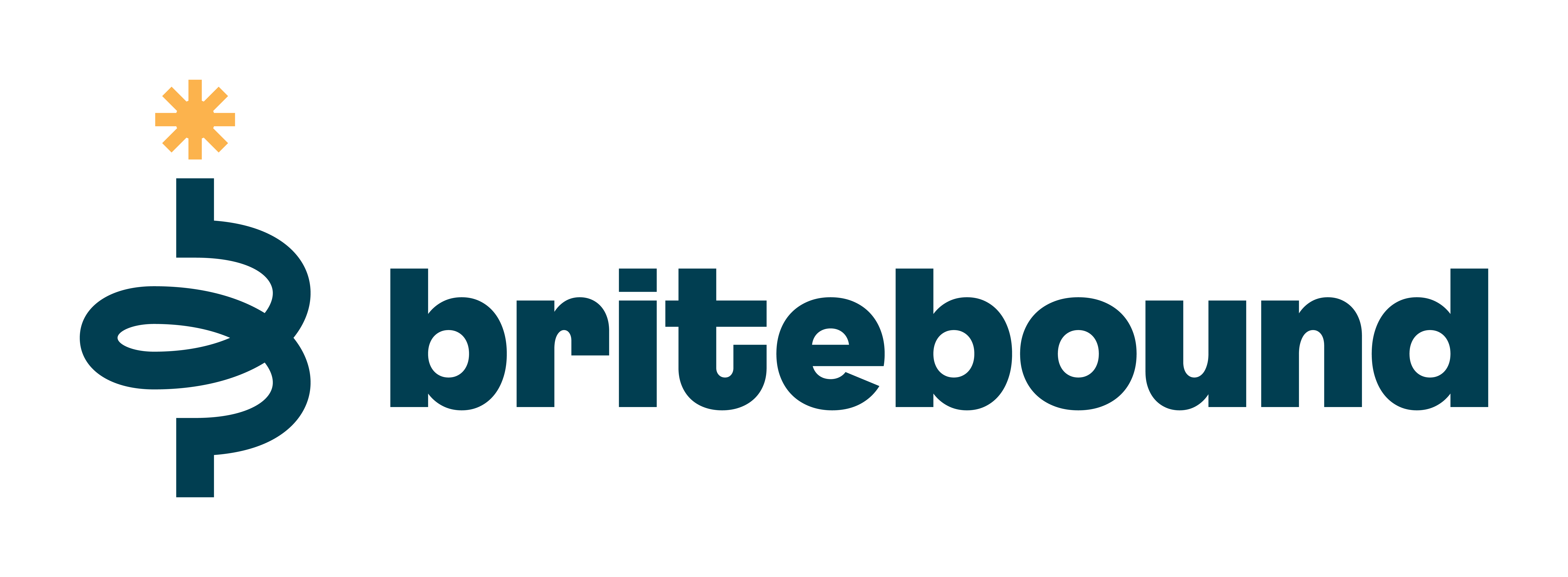Dive Brief:
- The U.S. Department of Labor (DOL) has issued an opinion letter stating parents and guardians are allowed to use the Family and Medical Leave Act (FMLA) intermittently to attend Individual Education Program (IEP) meetings with teachers, school administrators and others involved in planning education services for children with special needs.
-
The letter was in response to a family’s complaint that the mother’s employer allowed her to use FLMA time for her two children’s medical appointments, but not for meetings at school. Cheryl M. Stanton, a DOL administrator, wrote that a child’s doctor does not have to be present at an IEP meeting for the parent to qualify for FMLA leave.
- IEP meetings, Stanton wrote, “help participants make medical decisions concerning your children’s medically prescribed speech, physical and occupational therapy; to discuss your children’s well-being and progress with the providers of such services, and to ensure that your children’s school environment is suitable to their medical, social and academic needs.”
Dive Insight:
The opinion gives educators a tool for helping families participate in the IEP process, which can be daunting and is often a source of frustration for parents.
A 2017 study suggested that parents “often feel like outsiders” during the process. And worrying about being penalized for missing work is only likely to make the meetings less productive. The authors recommended sending questionnaires to parents, teachers, other service providers and the student’s peers to gain a more complete picture of the child’s strengths and needs prior to the meeting.
Principals are responsible for ensuring that IEPs are implemented, but with many schools facing shortages of special education teachers, ensuring each step is followed according to law can take up more of a principal’s already-busy schedule.
In a Q&A for the Council for Exceptional Children, David Bateman, a professor of educational leadership and special education at Shippensburg University in Pennsylvania, summarizes the principal’s role in the IEP process. He recommends ensuring special and general education teachers have time to collaborate and that principals fully participate in IEP meetings.
In an article last year, Jennifer Butterfoss, an administrator with the San Francisco Unified School District, suggested other ways principals can improve the IEP process, such as meeting with the student in class a few days before the meeting, setting a clear agenda for the meeting, and debriefing afterward with other educators on the IEP team.
“Rarely will you get the chances to sit down with busy teachers,” she wrote. “An IEP meeting is an opportunity to engage staff members in conversation around instruction.”














